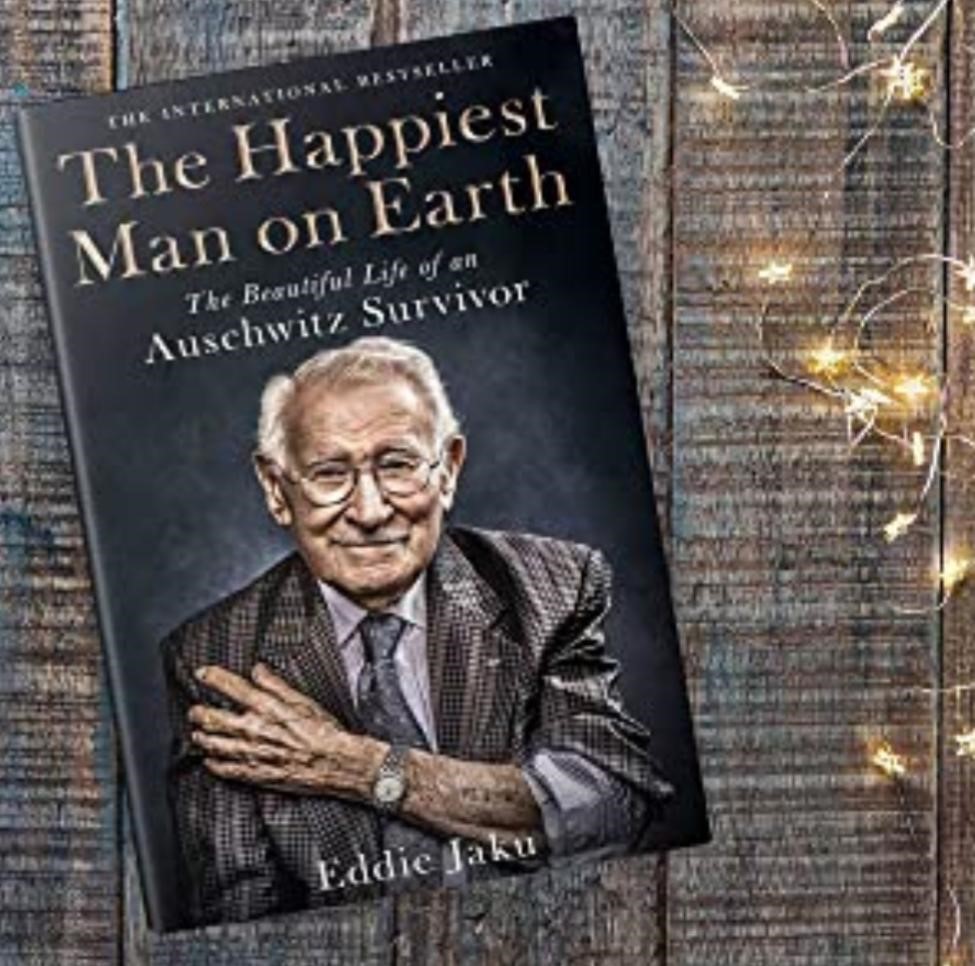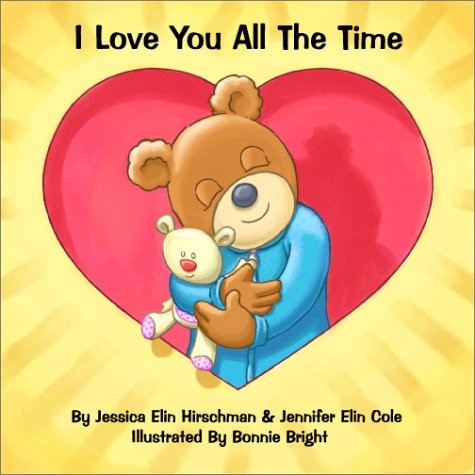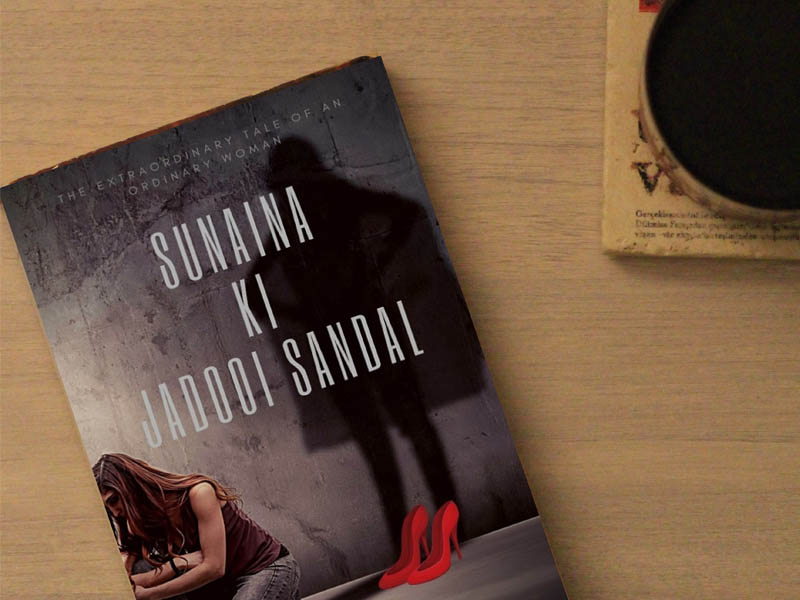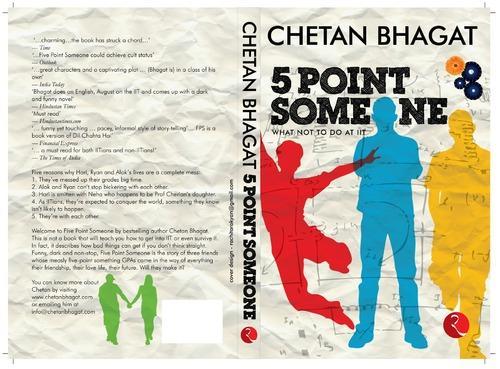Have you at any point wondered exactly how debased, sickening, and inhuman a person can be? Or on the other hand exactly how devastatingly savage and deadly a general public can become, in submitting monstrous massacre? Would you be able to envision a gigantic camp of torture, subjugation, and unavoidable passing? Where guiltless individuals are famished and contaminated intentionally with the absolute worst illnesses, a dungeon where clinical analyses are performed upon the blameless, without sedation?

Would you be able to envision walking for many miles in a frozen field with negligible dress, no food or water, and clothes for shoes? Would you be able to envision enduring all of this, only to find that everyone you adored had been killed? This is the tale of Eddie Jaku, a Jewish overcomer of the Nazi decimation, who by a combination of solidarity of brain, actual wellness, having the right abilities for the experts of society, and incredibly good karma on his side persevered through painful ruthlessness and torment. He achieved the difficulty of endurance.
What do you guess Eddie found in the storing, foul heaps of bodies on their way to the crematoria? He discovered the magnificence of adoring and caring individuals. No, practically none were German. In any case, somewhere inside the obscurity of unending agony, Jews and others imprisoned by Nazi Germany helped each other to make due, to some degree for some time. It was that little sparkle of affection in the murkiness that gave Eddie Jaku the solidarity to endure. He looked at the Nazi monsters without flinching and crushed them by staying alive.
Normally, the journal of a survivor will be the only book that they at any point create. It isn’t planned as a masterpiece. Much of the time, it is a one-way discourse fashioned for their descendants, delivered trying to clarify the veracity of their encounters. Such diaries are regularly a dry describing of ancient history, spoiled by time, distance, and confabulation. Yet, once in some time, a diary creator culls ready old recollections like ideal apples from a tree, with uncommon and outright lucidity. So it is with Eddie Jaku and The Happiest Man on Earth.
His is an impressive memory, loaded with dumbfounding, uncommon detail and overflowing with tactile information that brings pictures, sounds, scents, and tastes to the peruser. We stroll through seven years of Eddie’s life, experiencing loathsome torment next to him, as he relates awful occasions and emotions—and some of the time love and regard.
This isn’t a recollection of life loaded up with verbosity or fancy emotional presentations. What Jaku saw, the per user sees. His composing style is extremely immediate and concise. Jaku gives you current realities of his incarceration under the Nazis’ ruthless guideline. The per user is encircled by the most incredibly underhanded actions known to humanity against millions of honest families whose only wrongdoing was their otherworldly confidence, their favored sexuality, their meandering aimlessly qualities, or their actual difficulties. Jaku likewise shares his life after the Holocaust to the furthest reaches conceivable. We relish in his marriage, profession, and particularly the profundity of adoration he has for his youngsters and grand kids.
Eddie Jaku’s story honors the endless killed millions, whose voices, similar to their lives and loves, were stopped by fanaticism and disdain. Through his describing of fear, starvation, affliction, and the profound pity of his killed family, we stroll in the shadow of the extremely most noticeably terrible decimation ever. No human merited the aggravation, enduring, and fierceness that was incurred upon the survivors of the Holocaust. However Eddie Jaku takes us by the hand and strolls us through this inhuman calamity with head held high. Strolling from Jaku’s point of view likewise uncovers to us the hugeness of adoration that outsiders create for one another under unquestionably heartbreaking conditions.




